Rahul Gandhi has pledged to intensify efforts to compel the government to address issues surrounding Minimum Support Prices (MSP) for farmers. The former Congress President’s commitment comes amidst growing discontent among agricultural communities over inadequate MSPs, which they argue fail to cover their production costs and ensure fair remuneration.
The meeting, which took place in New Delhi, saw Gandhi engage directly with farm leaders and representatives from various agricultural unions. Discussions focused on the pressing need for MSP reforms and the challenges faced by farmers, including fluctuating market prices and insufficient support from existing government schemes.
Gandhi’s assurance to pressure the government marks a significant moment in the ongoing dialogue between political leaders and the farming community. He highlighted the importance of securing a sustainable and equitable MSP system that aligns with the recommendations of the Swaminathan Commission, which advocates for MSPs to be at least 50% above the cost of production.
The farm leaders, who have been vocal about their concerns for months, welcomed Gandhi’s commitment but emphasized the need for tangible action rather than mere assurances. They stressed that while political pledges are encouraging, effective policy changes are crucial to address the root issues affecting their livelihoods.
In the context of these discussions, recent debates have centered on the adequacy of the current MSP regime. Critics argue that the existing MSPs are insufficient to cover the rising costs of inputs and the unpredictable nature of agricultural yields. The dialogue has also been influenced by broader economic factors, including inflation and changes in global commodity markets, which impact farmers’ income and financial stability.
Gandhi’s intervention comes as part of a broader strategy by the Congress party to galvanize support from rural voters ahead of upcoming state elections. The party has been leveraging the farm distress narrative to underscore its commitment to agricultural issues and differentiate itself from the ruling party’s policies.
The agricultural sector has been a focal point of political discourse in India, with various stakeholders advocating for systemic changes to better support farmers. The effectiveness of MSP policies has been a subject of extensive debate, with some arguing for a more comprehensive approach that includes direct income support and crop insurance schemes to complement MSP.
As the situation evolves, Gandhi’s pledge will be closely monitored by both political analysts and the farming community. The effectiveness of his promised actions will be judged by their impact on policy changes and the tangible benefits experienced by farmers in the coming months.
The dialogue between Gandhi and farm leaders reflects a critical juncture in India’s agricultural policy discourse. The outcomes of these interactions could shape future political strategies and influence the broader debate on how best to support the country’s agricultural sector and its stakeholders.
With the political landscape set to change as elections approach, the focus on MSP and agricultural reforms is likely to intensify. The effectiveness of Gandhi’s efforts will play a crucial role in determining whether meaningful reforms will be realized and whether the grievances of farmers will be adequately addressed.
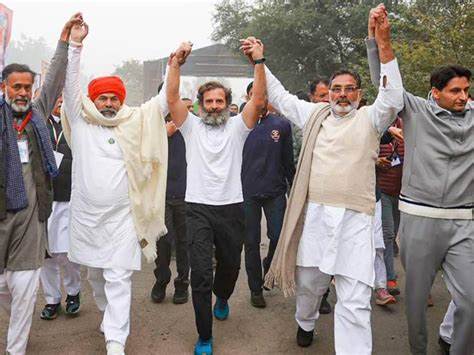
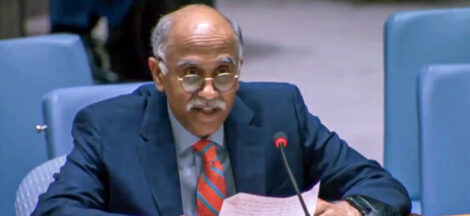
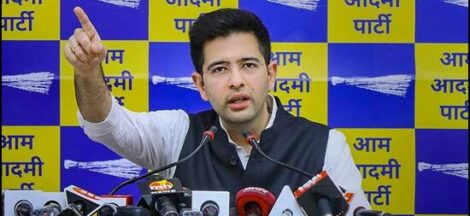
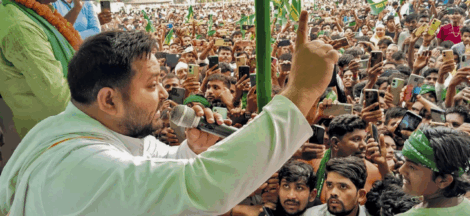
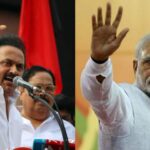 MK Stalin Warns PM Modi of Political Isolation
MK Stalin Warns PM Modi of Political Isolation 